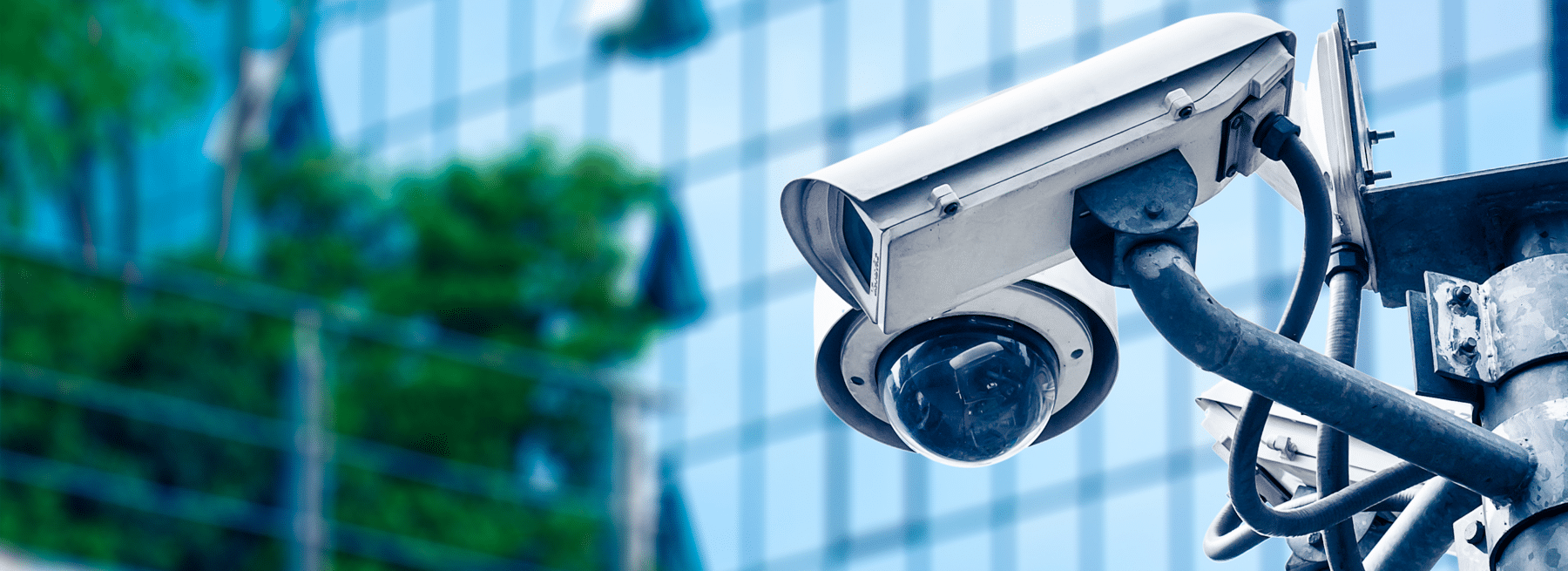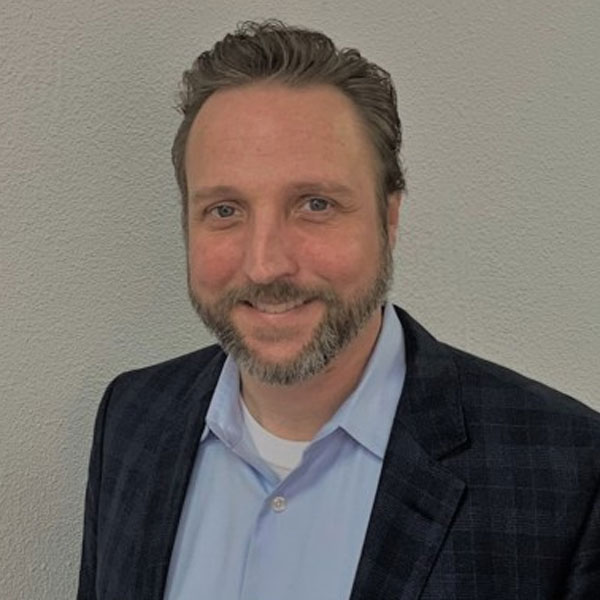How often does your security system go off? How many of those have been real events? For every 10 times the alarm goes off, you will have most likely experienced nine false alarms and only one real alarm.
Research from the Arizona State University Center for Problem-Oriented Policing (COPS) has found between 94 and 98% of alarms are false. The reason the research shows a range of false alarms is because they tend to fluctuate by jurisdiction.
The research shows that every false alarm takes up a whopping 20 minutes of police time. False alarms direct the police away from real emergencies. An AP story on the CBS News website mentions the International Association of Chiefs of Police that states false alarms cost police departments up to $600 million a year and 6.5 million personnel hours.
The Price Businesses Pay for False Alarms and Outdated Security Systems
False alarms are a real problem. A Security Infowatch story reveals they cost businesses more than $3.2 billion every year. This is … well … alarming. The cost of a false alarm varies based on the location of the business. A KSN story shares the costs of false alarms in Kansas. The first false alarm is free. The second is $40 and it can cost up to $350. The fire department is more expensive with costs starting at $100 and going up to $750 for repeat offenders.
With a less efficient security system, you’re putting your business at risk for not receiving the help it needs when there’s a real emergency. The police may not show up for an hour or more, especially if you have a history of false alarms.
Many cities are considering changing their response policies to require verification by a surveillance camera or someone in the building. It seems to be working. The City of Seattle instituted the Seattle False Alarm Program and saw false alarms fall from 25,000 per year to fewer than 11,000 per year. They require security companies to be licensed and use call verification prior to calling dispatch.
A GovThink article indicates it takes a Columbus police officer 30 minutes to complete a false alarm. This is a conservative estimate. Columbus has 22,000 false alarms a year. Multiply that by 30 and that’s a lot of wasted time. Unfortunately, false alarms cost the fire department far more because of their large vehicles that aren’t as fuel-efficient.
KJZZ reports that Phoenix police answered almost 50,000 alarm calls. Not even 1,000 of the calls involved a crime. “Each year false alarms cost all of us millions of dollars and thousands of wasted man hours,” says a Phoenix police website false alarm alert. The City of Phoenix has collected more than $1 million in false alarm fines. They approved an ordinance to include a verification process.
A search for false alarm fees shows article after article of cities announcing a False Alarm Program, cracking down on false alarms, raising the cost of fines because it’s hurting the city’s services, or a combination.
Does verification work? Yes. A report from Arizona State University COPS finds that cities with an alarm verification ordinance that require security systems companies to confirm an alarm is real with a video camera or a phone call have seen false alarms fall by a massive 90 percent! In doing this, Salt Lake City’s police department reduced the workload of call-takers and dispatchers, gained five full-time officers, and cut response time to other types of calls.
Video verification will help your business avoid false alarms and the problems that come with them. When these alarms go off in the middle of the night, who wants to get a call about it only to find out it’s yet another false alarm?
Fortunately, there’s a way to do video verification with a security system without waking up anyone in the middle of the night. It’s called remote video surveillance, which is a security system that can do so much more than a traditional alarm system. Here are the five clues that it’s time to upgrade your security system.
1. Your security system doesn’t go off at the right times
As previously covered, false alarms are extremely common. A security system with remote video surveillance combines the best of both worlds: humans and technology. Together, they cut the chances of false alarms without missing something that’s a potential problem.
Video analytics scan the security cameras for many scenarios for problems. It also knows when to ignore things like flying debris and wild animals. When it’s not sure about a problem or it detects something that’s a concern, it alerts the trained monitoring operator who checks it out. Hence, remote video surveillance has checks and balances in place to help eliminate false alarms. It’s also a proactive security system in that it can catch something before it happens. Most security systems are reactive and don’t do anything until after the damage is done.
2. System malfunctions cause false alarms
Advanced security systems can malfunction to cause a false alarm. In searching for the right remote video surveillance security system, you want to find a company that conducts regular system health checks. This is how they can avoid false alarms from system malfunctions.
Besides, you wouldn’t want the cameras to stop working when an actual crime happens. It’s critical to be proactive in checking the system’s health. Not all security systems have the ability to do remote system health checks. In many cases, the company can fix the problem without setting foot in your business.
The “remote” part of the equation is the trained monitoring operator who watches over your business from another location away from your property. If the system does glitch, you won’t be dealing with the repercussions of a false alarm because the operator can help make sure first responders aren’t dispatched. The operator can do a video verification before contacting emergency services.
3. Your security system doesn’t work around-the-clock
Crime and problems can happen any time. In recent years, organized crime has grown more brazen and violent. When they have a plan, they stick with the plan. Nothing stops them, not even being out in broad daylight. Your employees and security guards cannot effectively monitor the cameras 24/7. It’s a very tedious task. That’s why it’s important to have video analytics in the security system.
The mind-numbing task of observing all the cameras can make it easy for someone to overlook a potential problem. Video analytics fill in that gap. Add to this, trained monitoring operators have the skills to spot things that security guards and untrained employees cannot.
Professional monitoring security services come with something you don’t get with employees. Their tactical readiness. They know how to respond to every kind of situation. Because the operators aren’t on your company’s property, they never fear for their lives. Therefore, they make smart decisions in how to act.
Even during times when your property isn’t being watched in real time, for example, during business hours, the cameras are still recording and can provide video evidence if anything does occur.
4. You’re concerned about response times
You have the right to be concerned that emergency personnel won’t respond quickly to a call. Not all calls to emergency dispatch are treated equally. An older security system might not get a quick response.
“Even without a formal policy, police in Los Angeles, Chicago, New York, and dozens of other cities place alarm calls at a low priority, meaning officers may not arrive for up to an hour or more,” writes AP in the CBS News Story. “Gunn said a verified alarm would be answered as a high-priority call, with a response time in minutes, not hours.”
Remote video surveillance is a good first step to improving response times. The second step is to work with a company that has partnerships with police departments. Stealth has operations all over North America and has built these relationships. When emergency personnel get a call from a Stealth operator, they know they already have video verification and can send someone out right away.
5. You’re looking for ways to increase operational efficiencies
Traditional security systems are reactive and cannot help enhance operations. Remote video surveillance can. The partnership between video analytics and trained monitoring operators has helped many companies find bottlenecks in their business. Some Stealth clients have used the footage from the security in their training programs. It helps employees see the right and wrong ways to do things.
They can also help boost customer service and find safety hazards. Liability claims are hard to prove. Video surveillance recordings give you the evidence you need to support your case in a liability claim. When you implement the right security system, you may be able to obtain a price break on your insurance premiums. Insurance companies tend to reward companies who use surveillance cameras because they’ve reduced their risk.
Companies have a responsibility for the safety and security of employees, customers, and visitors. A modern security system helps keep everyone safe and healthy while protecting your digital and physical assets.
Where do you start in finding the right security system? Research and interview remote video surveillance companies like Stealth. Ask a lot of questions. Ask about video analytics, camera resolution, the storing of footage, and partnerships with law enforcement. Request video surveillance clips to see the company’s services in action.
To get a customized security solution that fits your requirements and budget, contact us. Feel free to bring the list of questions to ask security companies and ask us all the questions you’d like.

